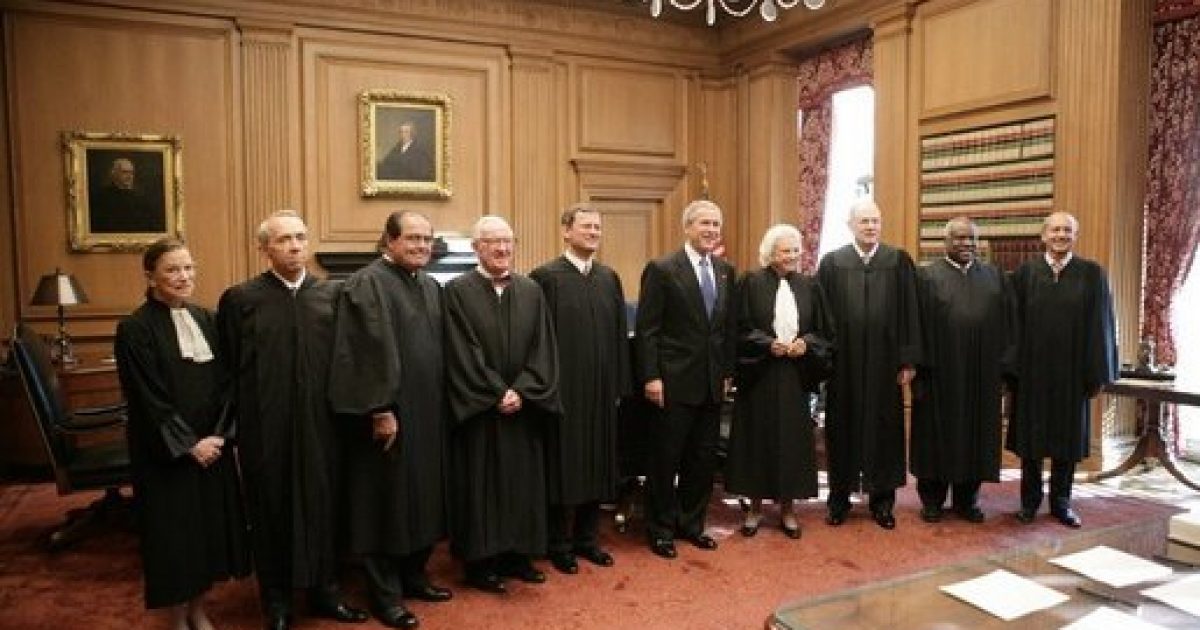
On Tuesday, the Supreme Court came to a decision which now allows law enforcement to arrest people for filming them.
Traditionally, the First Amendment makes it illegal for government officials to retaliate against individuals just because they dislike their speech. On top of that, federal laws give individuals the right to sue state officials for compensation if they violate certain constitutional rights such as free speech.
However, on May 28, 2019 the Supreme Court created a rule out of thin air that will now allow police officers to arrest people in response to speech that they don’t like. But here’s the kicker: Law enforcement officials won’t face liability when they arrest these people. Now police officers can target people they dislike with virtual impunity, which spells trouble for protestors and journalists that film them.
The justices determined that police officers should not have to defend themselves in scenarios. In Nieves v. Bartlett, the court decided that individuals can no longer sue police officers for arresting them if those law enforcement officers had probable cause to arrest them for any crime—big or small. This includes speech that the law enforcement officers didn’t like.
Brian Frazelle notes the chilling implications of this decision:
Because local laws are full of minor infractions, like “loitering,” that are frequently violated without incident, police will often have a pretext to arrest people engaged in speech the officers don’t like. By immunizing such abuse, Nieves may have devastating effects on demonstrators, press photographers, and anyone who wants to exercise their speech rights in public, like the right to film the police or verbally challenge officer misconduct.
Frazelle also highlights how the power of arrest is a mechanism of social control and can affect an arrestee’s social life regardless if they wind up getting convicted:
The power to arrest is a potent tool for suppressing speech because even if charges are later dropped, arrestees must undergo the ordeal—and dangers—of being booked and jailed, and they may have to disclose the arrest on future job and housing applications, among other ramifications.
The precedent for making officers financially liable for violating others’ civil liberties was established long ago.
A federal law called Section 1983 allows individuals to take legal actions against state officers who violate constitutional rights
The Nieves decision gravely undermines Section 1983, based on some Supreme Court justices’ fear that law enforcement actions “during a legitimate arrest could land an officer in years of litigation.” The key point in this situation is that Congress, not the courts, should be the ones to modify a law like Section 1983. If Section 1983 is deemed to produce a socially undesirable outcome, then Congress should take action to fix that.
This latest decision shows how powerful law enforcement has become. Although they have legitimate functions such as defending life and property, our federal government has given them excessive power to intrude on other facets of our lives. This case is a firm reminder that we cannot exclusively rely on the federal government to protect our rights.



